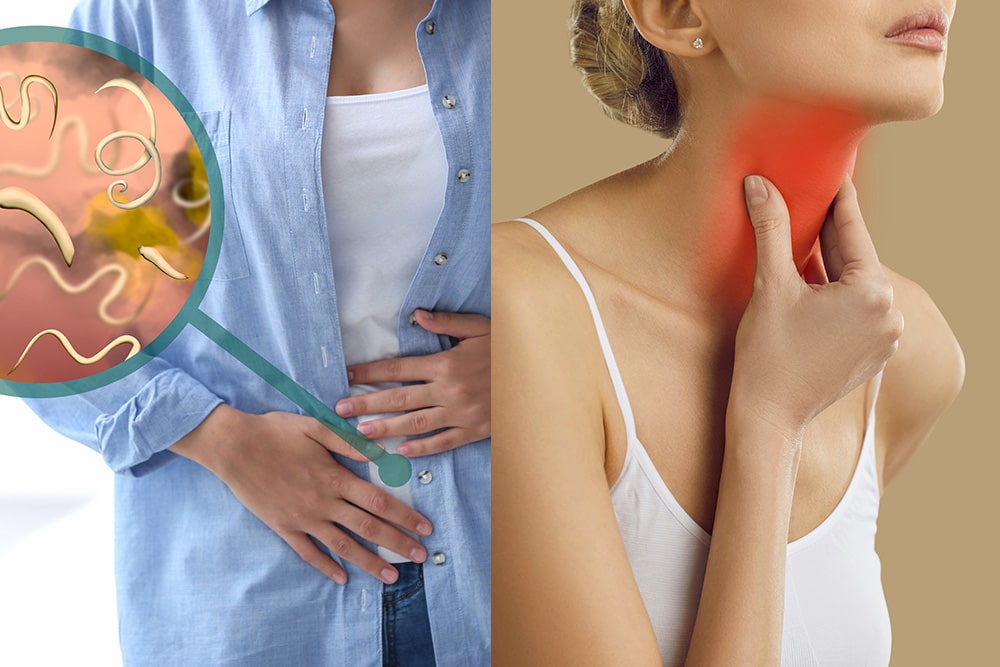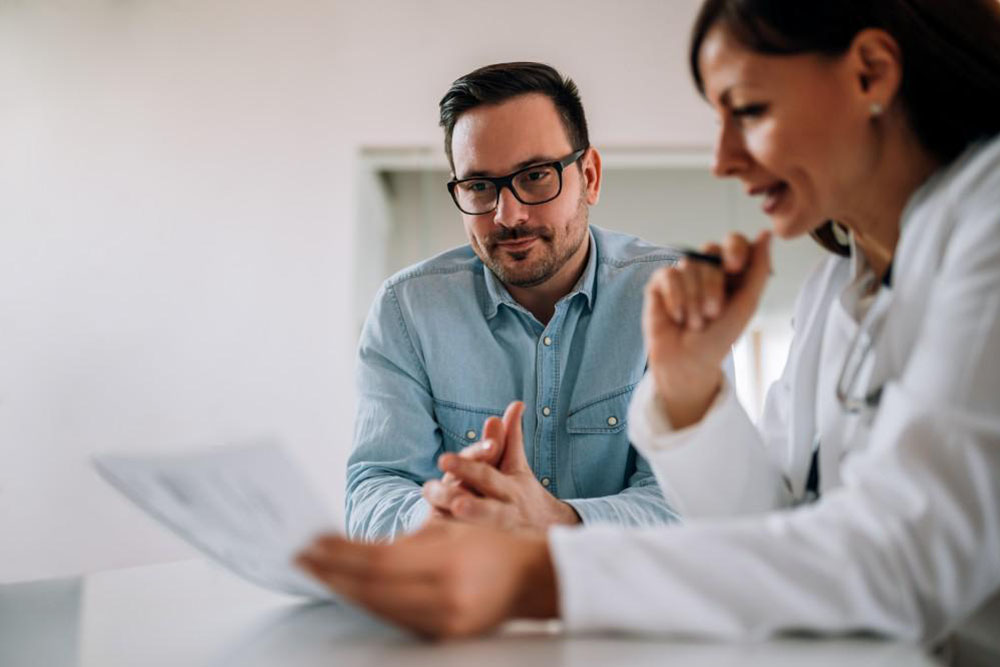Expert Treatment for Angioectasias by Dr. Bharat Pothuri
Dr. Pothuri uses a step-by-step approach:
Medical History and Physical Exam
He reviews your digestive symptoms-such as epigastric pain, black or tarry stools-along with medication use (NSAIDs, blood thinners), cardiovascular or kidney disease, and family history of vascular disorders.
Blood Tests
We obtain a complete blood count to check for anemia, iron studies to assess iron deficiency, and coagulation panels to rule out clotting abnormalities.
Endoscopic Evaluation
- Upper endoscopy (EGD) visualizes the esophagus, stomach, and duodenum to locate angioectasias or bleeding sources.
- Colonoscopy examines the colon for vascular lesions and active bleeding.
- Capsule endoscopy (camera pill) surveys the small intestine when standard scopes can't reach.
Imaging Studies
- CT angiography pinpoints active bleeding and maps vascular malformations in the GI tract.
Advanced or Interventional Testing
In cases of ongoing or severe bleeding, catheter angiography can both diagnose the precise bleeding vessel and allow for embolization treatment.

Frequently Asked Questions
What is a non-bleeding angioectasia?
It is a fragile blood vessel in the digestive tract that has not yet bled. These are often found by chance during upper endoscopy, colonoscopy, or capsule studies.
What is the ICD-10 code?
Common codes include K31.89 (other specified diseases of stomach and duodenum) or K31.819 (angiodysplasia of the stomach and duodenum). Your doctor will confirm the precise code for your record.
Can angioectasias cause anemia?
Yes. Even slow, intermittent bleeding from these vessels can lead to iron deficiency and anemia over time.
Is treatment painful?
No. Procedures such as endoscopic heat therapy or clip placement are done under sedation. You may feel mild discomfort afterward, but most patients tolerate it well.
How soon will I feel better?
Most patients notice an increase in energy and improvement in blood counts within four to six weeks after successful treatment.
Can diet help prevent bleeding?
A balanced, iron-rich diet supports overall gut health and helps replenish iron stores but cannot prevent the formation of angioectasias.
When should I see a doctor?
Contact us if you experience persistent fatigue, black or tarry stools, dizziness, or any signs of internal bleeding. Early evaluation helps guide timely treatment.












